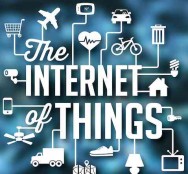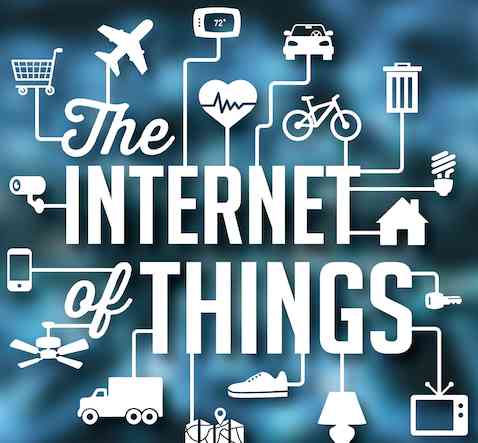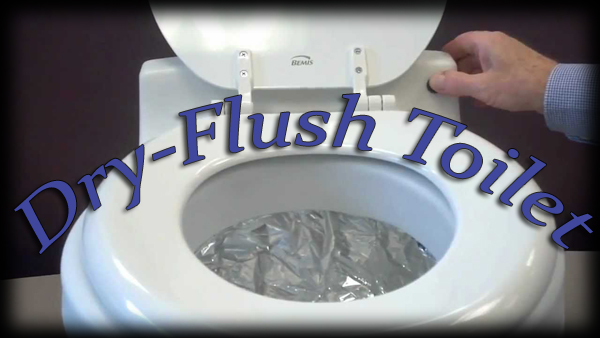
Spy in your fridge
 Individuals deserve a clearer understanding of the data that companies are collecting from the new generation of digital, connected devices, said Vinton G. Cerf, Internet pioneer and Web evangelist for Google.
Individuals deserve a clearer understanding of the data that companies are collecting from the new generation of digital, connected devices, said Vinton G. Cerf, Internet pioneer and Web evangelist for Google.
Mr. Cerf’s comments highlighted an ongoing debate that is gaining momentum as a growing number of connected devices, machines and objects, known as the Internet of Things, takes shape. As more devices connect to the Internet and collect data about users, who ultimately is in charge of it, and how are the data collection practices communicated to the public?
“It should be required that the users control this information that we accumulate,” he said Wednesday during a cybersecurity lecture at New York University’s Tandon School of Engineering. “They should have the ability to say no, I don’t want this device because I don’t want to be forced into providing that information.”
“That probably means the fine print needs to be a lot clearer than it is today,” he added.
A potential challenge is figuring out how to limit data access to certain parties, in certain circumstances. A person may want a doctor to have access to his or her medical records during an emergency, but may not want that doctor to have continuous access to electronic health information. “You need to have this ability to grant ephemeral access to information,” Mr. Cerf said.
In a panel discussion following Mr. Cerf’s keynote, a group of Internet of Things researchers touted the public and commercial benefits of being able to access reams of user-generated data. But some on the panel, which included Mr. Cerf, Cornell Tech computer science professor Deborah Estrin and Tandon School professor Beth Simone Noveck, cautioned against making data available solely to private interests, an outcome that could restrict consumer privacy and hamper public research efforts.
“Ultimately and finally this is an issue about control,” said Ms. Noveck, who directs The Governance Lab at NYU. “This is about getting our own data back about ourselves.” She also stressed the importance of finding ways to share societal information collected by private companies – such as weather and temperature data – with government and researchers to more effectively address policy issues.…

